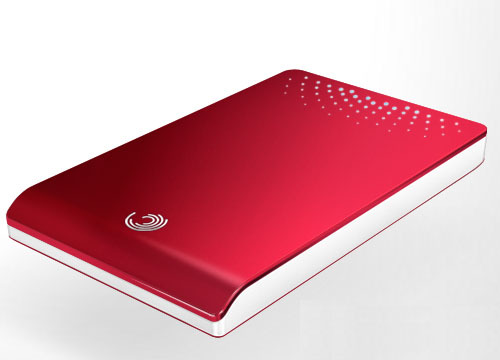Capacity
Think of how much capacity you will need and at least treble it. However much storage capacity you have, you will always find you need more. The larger the capacity the larger the drive usual is. Currently 1TB is adequate space but if mobility is a huge factor for you then a flash drive would be a better choice.
Spindle speed
The faster the disk rotates, the faster you will be able to access your data. Spindle speed is measured in rotations per minute (RPM). The spindle speed affects how fast the hard drive can get data to your computer. Hard drives vary in speed, 5400 RPM is the standard speed but 7200 RPM is what you really need.
USB 2.0 vs. USB 3.0
The way in which your external drive connects to your computer also affects data access speed. The normal standard is USB 2.0, but new drives are on the way with USB 3.0 capability, which will offer faster access. On paper it is said that USB 3.0 is ten times faster than USB 2.0. Remember if your drive is USB 3.0 enabled USB 2.0 ports can still be used to connect the drive. Currently support for USB 3.0 is still low but if your external drive does have USB 3.0 it will definitely come in handy in a year or two. Personal or Business
In a small business environment, an external hard drive is an excellent aid in disaster recovery. Vital files can be stored safely off-site so that a business can resume operating quickly after a catastrophe. For personal users, an external hard drive makes sharing your personal memories with others a simple exercise. Which brand?
While there are several brands to choose from, it is safer to entrust your data to a well-known one. Among the most popular brands are Seagate, Western Digital, Transcend, Iomega and Maxtor. Please note that each brand has different warranties and guaranties, make sure you select a drive which comes with a good warranty because external hard drives are fragile and do break from time to time.
2.5 inch vs. 3.5 inch
Typically, 2.5 inch drives, similar to those used in laptop computers, are mounted in a slim enclosure and simply connect to your computer via USB, while the 3.5 inch drive often sits in a larger enclosure, which may also include a cooling fan, as these drives tend to run hotter than the smaller version. Furthermore 3.5 inch hard drives usually need an external source of power which can become cumbersome to use if you are on the move.
2.5 inch external drives are better suited if you want to carry your data around with you, due to the smaller physical size, but remember that they are not unbreakable, so they need to be handled with care. As with most things in the computer world, change is rapid and external drives are no exception. Storage capacity will keep increasing even as physical sizes steadily shrink. Undoubtedly new technologies will be introduced, possibly laser writing and reading of data, to increase data access speeds. For now, external hard drives are a great way to store your data safely and economically. |
